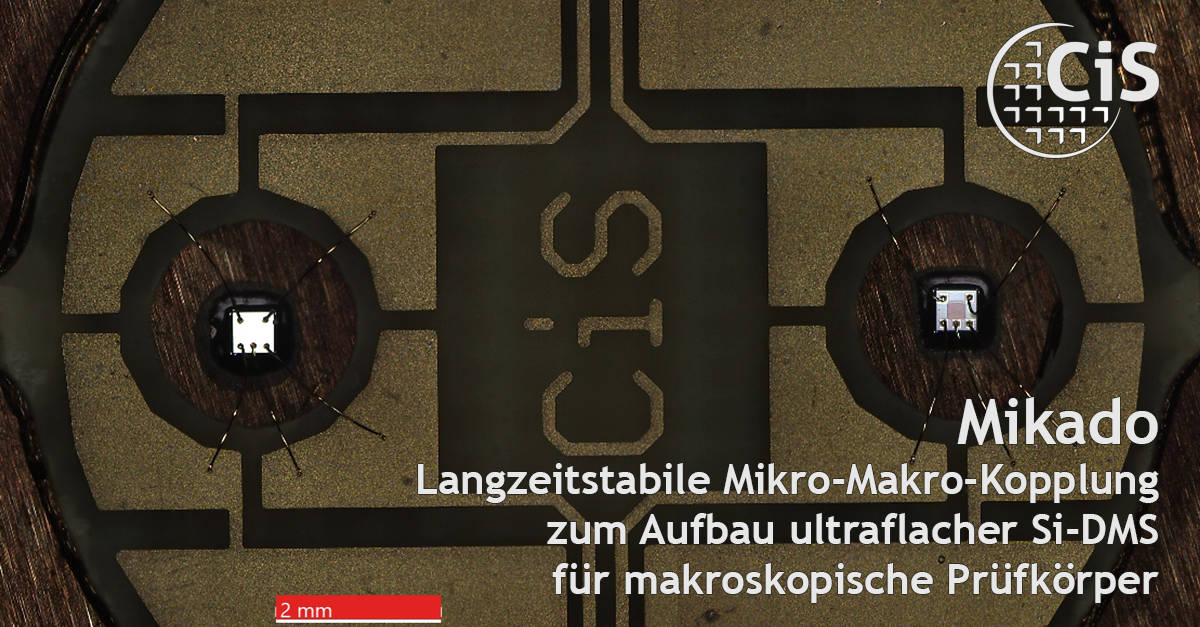Force sensors are needed for a wide range of tasks. They analyze mechanical stresses, control and monitor industrial robots, medical and biomechanical devices, control rails, bridges or railroad switches. Scales of all kinds, from kitchen scales to crane scales, also contain force sensors, with foil-based strain gauges dominating almost exclusively.
As a result of advancing automation and autonomously operating machines and systems, there is a need for cost-effective force sensors that can be integrated into the systems. Ultra-flat force sensors with integrated silicon strain gages offer alternatives here, and mounting carriers made of stainless steel, ceramic, brass or titanium are equipped with them.
The sensors used are capable of self-diagnosis, are coupled with signal processing and request services as required. This results in a large savings potential, especially for maintenance work that is difficult to access and time-consuming, for example at offshore wind farms.
Preliminary tests show that silicon strain gauges joined with glass solder to stainless steel can be expected to give good results. The joining process is extremely demanding due to the extremely different material properties and temperature control.
All three joints:
- Si-DMS with the mounting bracket
- the mounting bracket with the test specimen
- the electrical contacting of the Si strain gages with the evaluation electronics
have to withstand environmental influences such as humidity and large temperature spreads with long-term stability. The influence of the respective joining technologies, e.g. adhesive bonding as the standard process and glass solder bonding as the preferred technology, are evaluated in this project.
 The research and development work described was funded by the German Federal Ministry for Economic Affairs and Energy (BMWi) in the research project “Long-term stable micro-macro coupling for the construction of ultra-flat silicon strain sensors for macroscopic test specimens” (Mikado).
The research and development work described was funded by the German Federal Ministry for Economic Affairs and Energy (BMWi) in the research project “Long-term stable micro-macro coupling for the construction of ultra-flat silicon strain sensors for macroscopic test specimens” (Mikado).
Funding code: 49MF180163




